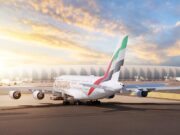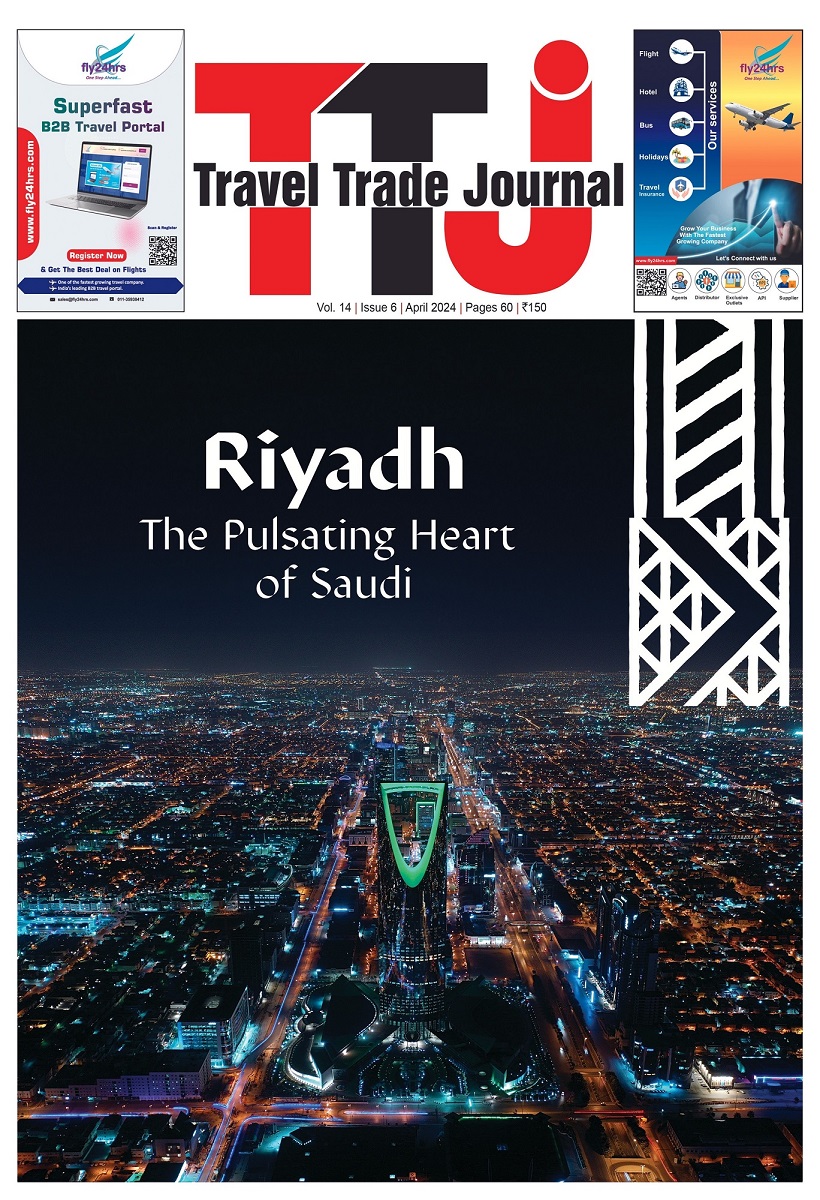Allied Market Research published a report, titled, “Travel Technology Market by Component (Platform and Service), Application (Travel Industry, Tourism Industry, and Hospitality Industry), End User (Commercial and Individual), and Region (North America, Europe, Asia-Pacific, and LAMEA): Global Opportunity Analysis and Industry Forecast, 2022-2032” According to the report, the market was valued at $9.4 billion in 2022, and is estimated to reach $21 Billion by 2032, witnessing a CAGR of 8.6 per cent from 2023 to 2032. The report offers a detailed analysis of change in market trends, top segments, key investment pockets, value chains, regional landscapes, and competitive scenarios.
Drivers, Restraints, and Opportunities
The travel technology market is expected to witness notable growth owing to an increase in use of voice search and voice control, rise in contactless payment options, and surge in use of AI. Moreover, rise in demand for contactless solutions is expected to provide lucrative opportunity for the growth of the market during the forecast period. On the contrary, higher initial investment limits the growth of the travel technology market.
COVID-19 scenario
- Firstly, the rapid adoption of contactless technology was driven by the imperative to minimise physical touchpoints and reduce the risk of viral transmission. This shift has become a lasting trend in the industry, promoting safety and hygiene for travellers.
- Airlines, hotels, and other travel businesses quickly integrated contactless check-ins, mobile payments, and touchless services, providing a seamless and safer travel experience. Health and safety protocols emerged as a central focus, with technology playing a pivotal role.
- Travel technology also proved crucial for managing the crisis, with businesses using chatbots, AI-driven customer service, and messaging platforms to keep travellers informed about disruptions, cancellations, and rescheduling options.
- COVID-19 accelerated the digital transformation of the travel industry. Businesses invested in e-commerce platforms, mobile apps, and data analytics to better understand evolving traveller behavior and preferences.
The solution segment to rule the market
By component, the platform segment held the major share in 2022, garnering nearly two-third of the global travel technology market revenue, owing to creation mobile applications for travel and hospitality companies that give consumers easy access to booking and reservation details along with extra features such as maps, schedules, and reviews. However, the service segment would also showcase the fastest CAGR of 10.9 per cent during the forecast period, owing to manage reservations, bookings, and recommendations, including modifying, or cancelling reservations and sending confirmations and reminders to travellers.
The travel industry segment to rule the market
By application, the travel industry segment held the major share in 2022, garnering nearly half of the global travel technology market revenue, owing to automated bookings, payments, and back-office tools for travel agencies which enables consumers to make their online bookings without a travel agent. However, the tourism industry segment would also display the fastest CAGR of 10.8 per cent throughout the forecast period, owing to tourism enabled management applications which helps users to plan itineraries, store travel documents, and set reminders, it also offers weather updates, flight status notifications, and other real-time information.
The commercial segment to dominate by 2032
By end user, the commercial segment accounted for nearly two-third of the global travel technology market share in 2022, and is expected to rule the market during the forecast period as it helps to manage and streamline the reservation and booking process. As a result, these online booking platforms for airline and hotel reservation systems enable travellers to make reservations easily, and commercial sector to maximise occupancy and revenue. However, the individual segment would also display the fastest CAGR of 10.5 per cent throughout the forecast period, owing to travellers access a wealth of information about destinations, including reviews, photos, and recommendations from other travellers to make informed decisions about the destination.
Asia-Pacific garnered the major share in 2022-0
By region, North America garnered the highest share in 2022, holding nearly one-third of the global Travel Technology market revenue in 2022, and is projected to retain its dominance by 2032, owing to the growing adoption of metaverse solutions such as chatbots, AR and VR across travel industry. The Asia-Pacific region would also portray the fastest CAGR of 12.1 per cent during the forecast period, owing to increase in use of e-commerce platforms across various countries of Asia-Pacific. In addition, E-commerce platforms have ventured into the travel sector, offering travel packages, discounts, and loyalty programs offered through various websites which have fueled the growth of travel technology in Asia-Pacific.
















































